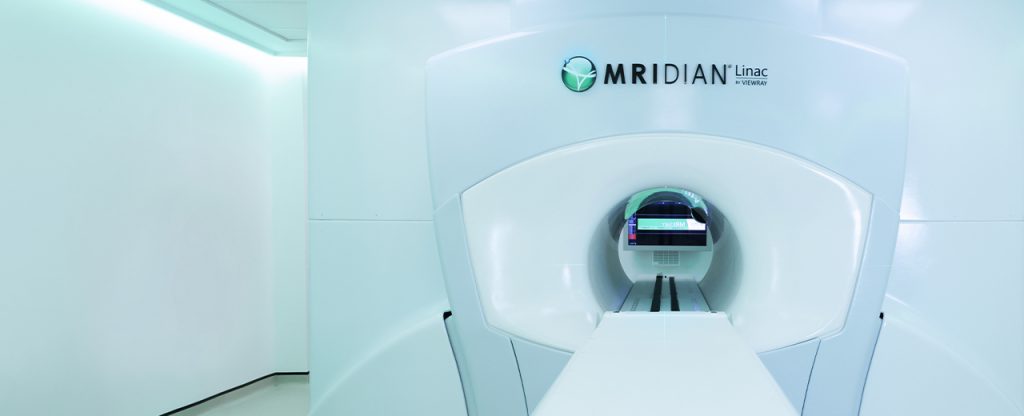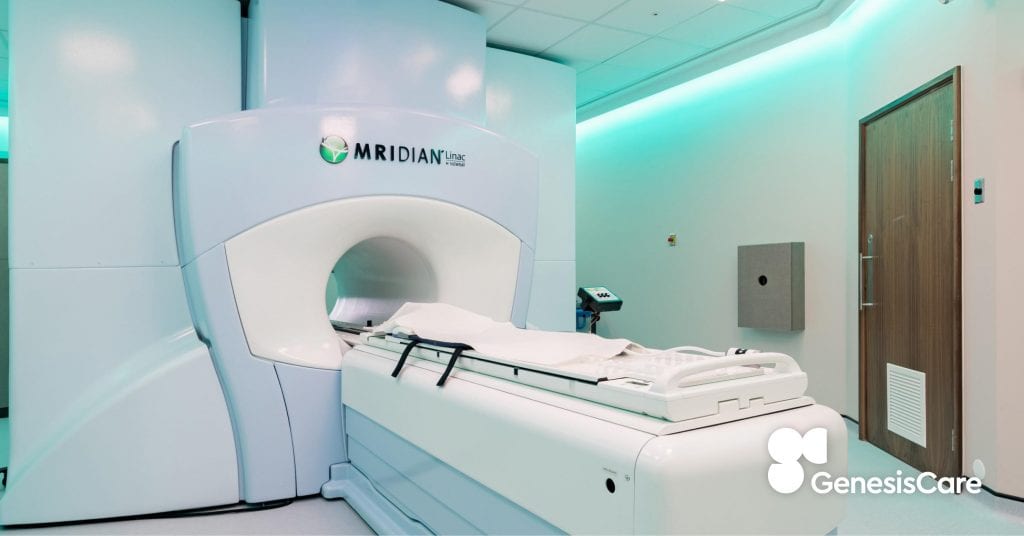The Solution to the Cancer Crisis is Collaborative Care
- GenesisCare has released its first white paper for health practitioners and government officials focused on addressing the issues cancer care is facing across the UK
- To view the full report please click here
London, UK, 27th July 2022 - In direct response to the Government’s call for evidence on its 10-year cancer care plan, leading independent cancer care provider, GenesisCare, has released a white paper setting out its position on the future of cancer care across the UK.
It addresses the challenges the Government is facing in cancer care and provides viable solutions to reset and transform this. The report outlines the following areas within the current care system that need greater focus:
- Insufficient capacity to meet rising demand - the number of patients requiring treatment is more than the current system can handle. Clinicians’ time is stretched, waiting lists are growing, and care among regions is variable – meaning inequitable outcomes for patients.
- Lack of agility across the current system - including approval and implementation of techniques and treatments - the COVID-19 pandemic highlighted how quickly processes can adapt, regulatory bodies can act, and guidelines can be updated in periods of crisis. This now needs to be implemented in areas which need it most, primarily oncology.
The UK cancer system has a stellar history when it comes to clinical research - with the NHS playing an integral role in driving forward new practices and therapeutic advancements on a global scale. However, in order to maintain this and combat the cancer backlog of recent years, multiple developments must happen across the health system - from funding to new investment and reviewing the role of technology in treatment.
GenesisCare is a global oncology specialist that works with over 5,000 cancer experts and is dedicated to early investment in world-leading technology and treatments. This approach provides increased treatment efficiency and improved patient outcomes, putting GenesisCare in a unique position to provide insights and recommendations to tackle the cancer care issues the UK faces.
The white paper outlines achievable solutions that could be adopted without the need for major financial outlay, including:
- Utilising all available assets in the most effective way possible in the immediate term - the move to Integrated Care Systems offers an opportunity to take a regional and sector-agnostic approach to utilising assets, ensuring the NHS can help to reduce the patient backlog and reduce pressure on staff capacity and resource by using all available infrastructure at maximum capacity.
- Prioritising investment and delivery of innovative diagnostic techniques that deliver the best possible treatment options and technology that reduces the burden of after-care - including personalized, precision medicine through Next Generation Sequencing (NGS) and cell free DNA (cfDNA) and SABR treatments on modern equipment, such as MR LINACs, can significantly reduce the burden on after-care and support services.
- Integrating data sharing and international evidence - to deliver a more integrated approach for cancer patients that allows comprehensive records to be shared across general practice, community provision, local hospitals, the independent sector (where relevant), and regional tertiary care. Plus new regulatory systems to ensure that new treatments can be quickly appraised and approved in a routine way, including greater acceptance of clinical evidence gathered outside the UK.
Eliot Sims, Clinical Oncologist and Chief Medical Officer at GenesisCare said “We cannot dispute the incredible oncology treatment the NHS delivers, through the exceptional care provided by its doctors, practitioners and nurses. However, we must not be blind to the strain these departments face and the resulting ramifications of such pressures. It’s clear that, with the current landscape, we need to fundamentally change the way we approach the care crisis in order to deliver the best quality of care possible for all patients – achieving the government’s goals of making our cancer care systems the ‘best in Europe’ .”
Justin Hely, General Manager of GenesisCare said “At GenesisCare we’ve had the privilege of being able to channel investment into ground-breaking technology, allowing us to provide our patients with the most efficient and effective treatment pathways possible. We hope the publication of this report, drawing on the insight we’ve gathered from our work, will be the first step in the transformation of how cancer care is planned and delivered in the UK, which will help to improve both patient outcomes and ease the strain on the practitioners delivering it.”
To view the full report please click here, information highlighted in this report will be made available to health practitioners and government advisors.
ENDS




